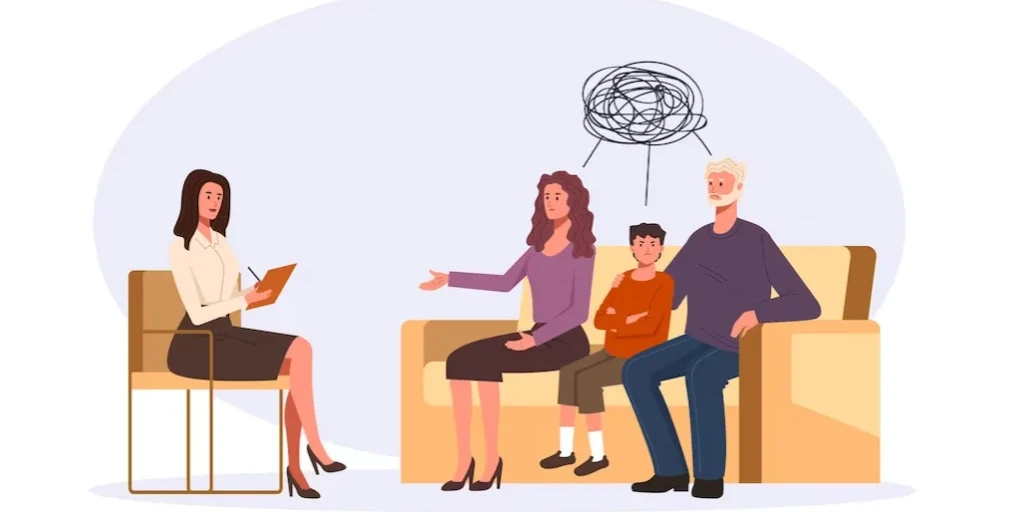24/7 Helpline:
(866) 899-111424/7 Helpline:
(866) 899-1114
Other Insurance Options

Evernorth

Absolute Total Care

Optum

Medical Mutual of Ohio

United Health Care

CareSource

UnitedHealth Group

Coventry Health Care

Horizon Healthcare Service

Meritain

GEHA

American Behavioral

Multiplan

Premera

MHNNet Behavioral Health

Covered California

Ambetter

Carleon

Providence

Oxford






























